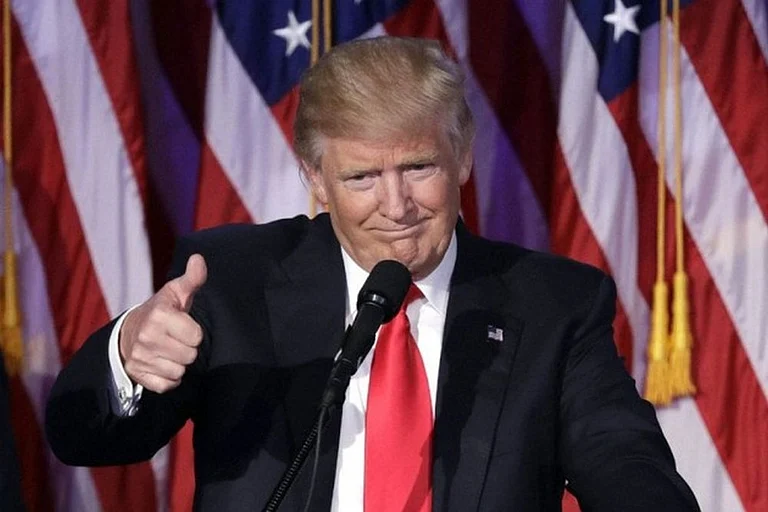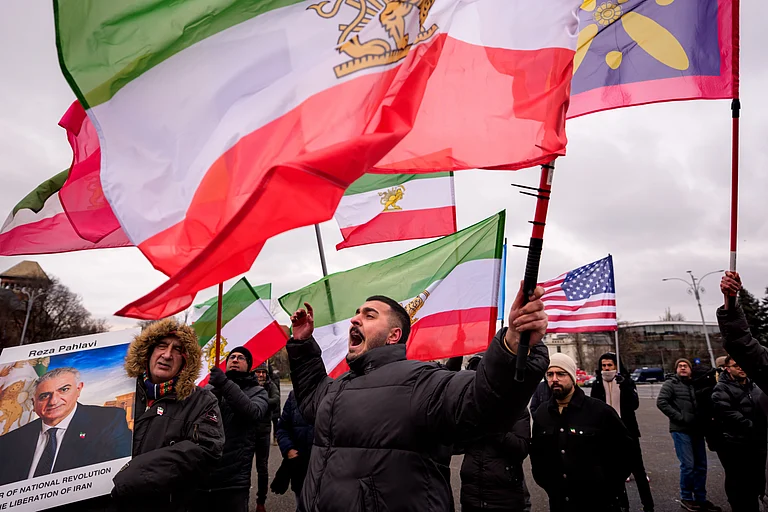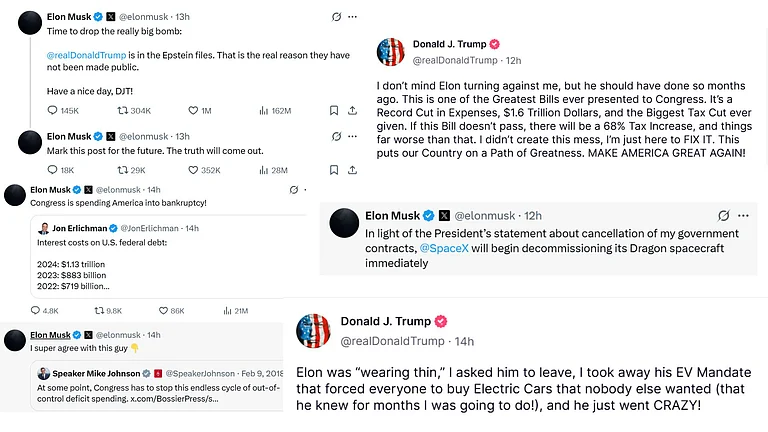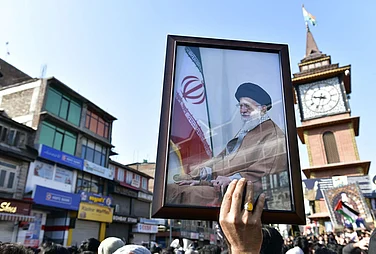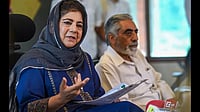U.S. President Donald Trump has revived one of the most contentious policies from his first term, announcing a sweeping travel ban on nationals from 12 countries, most of them Muslim-majority or conflict-ridden, sparking international condemnation and accusations of religious discrimination.
The ban, set to take effect from June 9, 2025, at 12:01 a.m. EDT, includes Afghanistan, Chad, Equatorial Guinea, Eritrea, Haiti, Iran, Libya, Myanmar, the Republic of the Congo, Somalia, Sudan and Yemen. An additional seven nations — Burundi, Cuba, Laos, Sierra Leone, Togo, Turkmenistan, and Venezuela — face restricted entry under specific visa categories, including B-1, B-2, F, M and J visas.
In a video released on social media, Trump tied the ban to a recent terror attack in Boulder, Colorado, allegedly perpetrated by an Egyptian national who had overstayed a tourist visa, though Egypt is not on the list. The announcement comes amid a broader campaign to project strength on national security, as Trump repositions himself for a re-election bid.
‘Deep hostility’ and diplomatic fallout
Iran was among the first countries to denounce the move. A senior official from its Foreign Ministry stated on X that the ban “indicates the deep hostility of American decision-makers towards the Iranian people and Muslims” and constitutes a violation of international law.
The new directive echoes Trump’s controversial “Muslim ban” from 2017, which initially barred travellers from seven Muslim-majority countries before being upheld in revised form by the U.S. Supreme Court in 2018. While Trump insists the measure is rooted in national security concerns, critics continue to see it as driven by religious and racial animus. During his first presidential campaign, Trump explicitly called for a “total and complete shutdown of Muslims entering the United States.”
The Iranian government has not formally responded beyond the ministry’s statement. Trump’s proclamation exempts certain categories of Iranian nationals, such as religious minorities holding special immigrant visas, though most ordinary travellers are barred.
Afghanistan and Haiti
Afghanistan’s inclusion has drawn sharp rebuke, particularly from veterans’ groups and refugee advocates in the U.S. “To include Afghanistan, a nation whose people stood alongside American service members for 20 years, is a moral disgrace,” said an X post by Shawn VanDiver, president of #AfghanEvac, a volunteer-led civilian coalition aiding Afghan evacuees.
According to U.S. government figures, roughly 14,000 Afghan refugees were resettled in the U.S. in the year leading up to September 2024. The new ban, however, does provide exemptions for Afghans holding Special Immigrant Visas (SIVs), often granted to former U.S. government allies.
Trump justified the move by citing Afghanistan’s “lack of a competent or cooperative central authority” and “inadequate screening and vetting measures.”
Haiti, absent from Trump’s earlier ban, is now included for similar reasons. “Haiti lacks a central authority with sufficient availability and dissemination of law enforcement information,” Trump wrote, also pointing to high visa overstay rates and illegal entry. The Caribbean nation is currently reeling from political instability and widespread gang violence. According to the Associated Press, armed groups control over 85% of Port-au-Prince, its capital.
Legal cushions and exemptions
The ban applies only to foreign nationals outside the U.S. as of June 9 and without a valid visa. Those who already possess valid immigration or non-immigrant visas will not have them revoked. Exemptions include lawful permanent residents (green card holders), dual nationals using a passport from a non-restricted country, diplomats, Olympic athletes, and those with immediate family or adoption-related immigrant visas.
The order stems from an executive directive signed by Trump on January 20, instructing national security agencies to assess countries whose nationals may pose a threat to the United States. Critics argue that this risk-based framing lacks transparency and disproportionately targets vulnerable populations.
Abby Maxman, president of Oxfam America, condemned the ban, stating: “This policy is not about national security, it is about sowing division and vilifying communities that are seeking safety and opportunity in the United States.”
Political optics and legacy
Experts say the announcement is unlikely to provoke the kind of chaos seen in 2017, when Trump’s initial executive order triggered mass detentions at airports and a flurry of legal battles. This time, the administration has offered a brief window before enforcement and seems emboldened by the Supreme Court’s prior ruling in favour of a modified version of the travel ban.
But the political subtext remains charged. Many of the countries named — Libya, Sudan, Yemen, and Iran — are not only Muslim-majority but also geopolitical adversaries or embroiled in long-running civil conflicts. Others, such as Venezuela and Haiti, have long-standing migration flows to the U.S. due to economic and political turmoil.
As the 2026 U.S. presidential race accelerates, the travel ban’s reintroduction appears to be both policy and theatre, an effort to harden borders while signalling to Trump’s base that the “America First” doctrine still holds.





